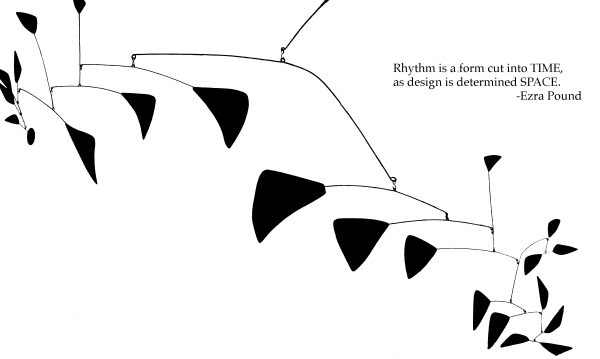Fishing in the Sea of Imagination
|
Fishing in the Sea of ImaginationLet me introduce myself. Last edited by ThoughtCaster 05-01-2010 at 06:33:07 AM |
|
When Thoughts Shower The Fish BiteWhen Thoughts Shower The Fish Bite |
|
Fish Blindfolded for ArousalFish Blindfolded for Arousal |
|
Fish Blindfolded for ArousalFish Blindfolded for Arousal |
|
fishing for memoryHere is our fourth thought: memorizing poetry. |
|
Fishing in the DarkHere is our fifth thought: Fishing in the Dark |
|
Techniques in Reading and Reciting Poetry
Last edited by ThoughtCaster 05-01-2010 at 06:44:13 AM |
|
Under Water SwimmingHere is our sixth thought: Under Water Swimming |
|
Tutorial on Rhythm AnalysisI think you may find the following site very useful: 
http://academic.reed.edu/english/intra/index.html#TOC Here's a little more help for you: Poe wrote an essay about his own poem "The Raven" it is an easy read, with a lot of good explanations. Both when it comes to meters and scansions. but also as to why some words go well together and how to set the mood in a poem. (He really thought that poem through!!!) The title of Poe's essay is "The Philosophy of Composition" and I know it is available in a book called Classic Writings on Poetry edited by William Harmon, though I'm sure you can find it elsewhere too. Last edited by ThoughtCaster 05-12-2010 at 08:53:18 PM |
|
RE: Fishing in the Sea of ImaginationPoe wrote EVERY poem through. He was one of the greatest wordsmiths in history and was unequaled in his knowledge of construction. |
|
RE: Fishing in the Sea of Imagination THIS SERIES OF LECTURES BY BALLADEER, KABBALISTIC AND POETCASTER < ON DEVELOPING THE SKILL AND ART OF CREATING POETRY IS TRULY AND CONSIDERABLY HELPFUL TO BEGINNERS AND VETERANS. I Love Poetcaster's instructional motif of "Fishing". Poets know too well that they patiently and pains-taking- ly, like a fisherman, have to go searching for ideas, words, strategies and techniques, A word about punctuation. I have not get got an answer to a pertinent and troubling question of mine. Is it an accepted literary mode in America to write "un-punctuated" poetry with not even a period? I venture to say that a writer is at liberty to punctuate just as how he thinks and talks, but he /she ought to be well conversant with the nature and functions of punctuation marks or symbols he ought to use to assist his readers to interpret correctly, how he would wish them to understand and appreciate and to approve or deplore whatever he/she wrote. THANKS to Mr. Balladeer, Mr. Peat and Mr. Poetcaster for the tremendously valuable guidance they are giving to poets at THE POETRY SCHOOL. Obviously, they are doing this at great sacrifice of time and energy. Although, I am not able to do the assignments, because of unavoidable constraints, I have been catching a snapper or a couple of mullets, once in a while., by utilizing some of their ideas. , Last edited by cousinsoren 11-06-2010 at 07:01:23 AM |
Poetry is not an expression of the party line. It's that time of night, lying in bed, thinking what you really think, making the private world public, that's what the poet does.
Allen Ginsberg (1926-1997) U.S. poet.